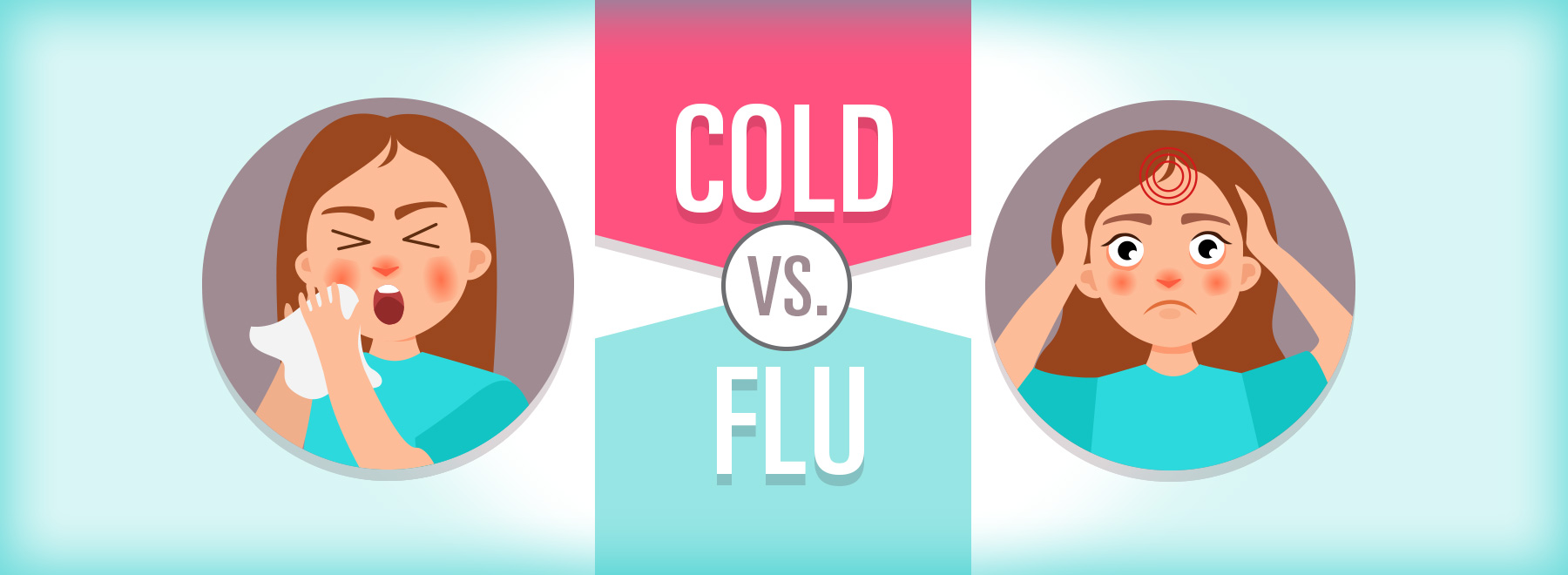Is it a cold or something more? Pediatricians offer advice
A child who had been happily playing is now cranky and coughing.
Is this the start of a common cold, or something more serious?
This question comes up as often as children get sniffles. Children’s of Mississippi experts from the University of Mississippi Medical Center say more information is needed before heading to your pediatrician’s office.
“Basically, the flu is sudden in onset and can have fevers for five to seven days,” said Dr. Maureen Holland, medical director of Children’s of Mississippi’s General Pediatrics Clinics on the Mississippi Gulf Coast.
Colds, however, are “rather insidious in onset,” said Dr. Sara Weisenberger, medical director of Children’s of Mississippi’s Complex Care and Primary Care Clinic at the Jackson Medical Mall Thad Cochran Center.

“Colds are associated with low-grade fever, feeling listless or poorly, nasal congestion and cough with a scratchy throat for the first few days,” Weisenberger said. “The duration is about two to three weeks, with thickening mucus, cough but with less symptoms.”
Children can come down with as many as eight to 10 colds each year, according to the American Academy of Pediatrics.
What treatment is best?
There’s no cure for the common cold, which is actually a viral infection of the nose and throat. Pediatric experts recommend letting a cold run its course, but there are things parents can do to keep their children as comfortable as possible.
Providing plenty of fluids, using a vaporizer to make breathing easier and giving children acetaminophen or ibuprofen can help. Pediatricians warn that cough medications are not recommended for children younger than 6.
Don’t give children antibiotics for a cold, because they are used to fight bacterial infections and have no effect on viruses. Overuse and misuse of antibiotics can lead to antibiotic resistance. The U.S. Centers for Disease Control and Prevention estimates that a third to a half of antibiotic use in humans is unnecessary or inappropriate.
For those with influenza, antiviral medications that will shorten the flu’s duration are available through pediatricians, but they are only effective if they are taken within the first one to two days of symptoms.
 When to seek medical help
When to seek medical help
Knowing when to seek medical attention for colds, flu and respiratory infections can be a quandary, but there are signs that call for a trip to the primary care provider.
Experts say the following symptoms call for a visit to the doctor, because they could indicate a more serious condition:
• High or persistent fever, especially in a child younger than 2
• Ear pain
• White spots on tonsils
• Difficulty breathing or rapid breathing
• Severe headache
• Extreme tiredness
• Dehydration
• Cold not getting better
“If you think your children may have the flu, they should be seen by a doctor,” Holland said. “Early treatment helps decrease transmission and prevents secondary complications.”
Weisenberger advised checking with the child’s pediatrician for advice before coming in, because emergency rooms can be crowded during cold and flu season. Children who might have influenza should be kept away from group settings such as child care centers and school. If they are bringing their children to a clinic or emergency room, parents should alert the care providers to the possibility of influenza so a mask can be used to prevent its possible spread.
 How to stay healthy
How to stay healthy
Staying well this school year beats treating a cold or the flu.
A few simple habits can help children sidestep getting or giving colds: washing hands with soap and warm water for at least 20 seconds; coughing into the arm instead of hands; and not sharing cups and eating utensils. The American Academy of Pediatrics recommends flu vaccination by shot or nasal spray for children 6 months and older.
“Flu shots are effective, especially over time, as the body develops immunity to the multiple flu virus types,” Weisenberger said.
Holland said the flu vaccine can protect when handwashing and dodging the coughs of others isn’t enough.
“Good handwashing and covering the cough and sneeze will help prevent colds and flu,” she said, “but it is possible to get the flu from another person without them coughing or sneezing in your face. The transmission can occur with normal breathing!”
The above article appears in CONSULT, UMMC’s monthly e-newsletter sharing news about cutting-edge clinical and health science education advances and innovative biomedical research at the Medical Center and giving you tips and suggestions on how you and the people you love can live a healthier life. Click here and enter your email address to receive CONSULT free of charge. You may cancel at any time.



